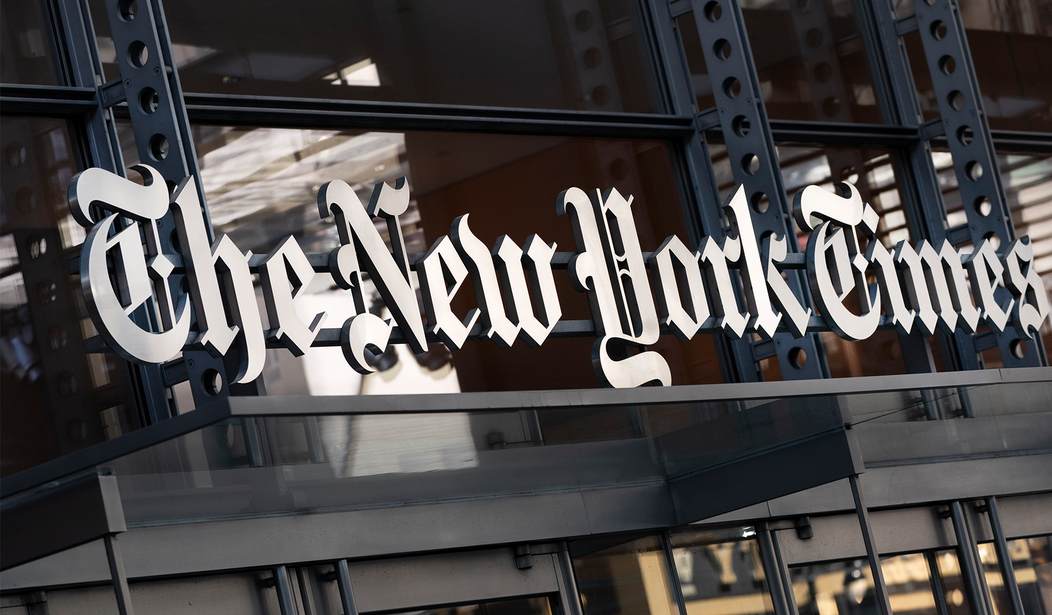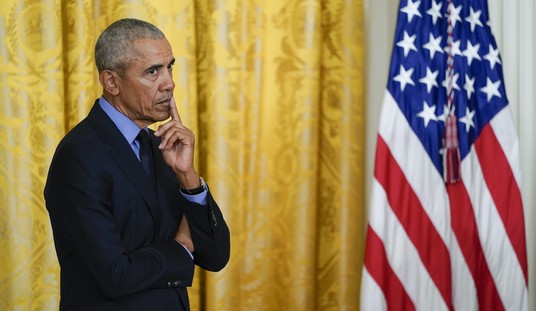The New York Times declared Friday that “it may be in no one’s interest to reveal more” about who is responsible for the sabotage of the Nord Stream pipelines.
The latest report comes weeks after the paper covered “new intelligence” suggesting that a pro-Ukrainian group pulled off the covert operation. That claim was met with widespread ridicule, given that Pulitzer Prize-winning journalist Seymour Hersh dropped a bombshell exposé a month earlier alleging the Biden administration was behind the attack. According to Hersh, U.S. and German intelligence agencies gave the Times that “false cover story to counter the report.”
Now, though, the Times appears to be done asking questions.
Naming a culprit could set off unintended consequences.
Claiming Russia was behind the attack would mean it had successfully sabotaged major critical infrastructure in Western Europe’s backyard, and could spark demands for a response.
Blaming Ukrainian operatives could stoke internal debate in Europe about support for their eastern neighbor.
And naming a Western nation or operatives could trigger deep mistrust when the West is struggling to maintain a united front.
“Is there any interest from the authorities to come out and say who did this? There are strategic reasons for not revealing who did it,” said Jens Wenzel Kristoffersen, a Danish naval commander and military expert at the University of Copenhagen. “As long as they don’t come out with anything substantial, then we are left in the dark on all this — as it should be.” (NYT)
Isn’t that your job though???
— Christina Pushaw 🐊 🇺🇸 (@ChristinaPushaw) April 7, 2023
The NYT -- after feeding the public several bullshit versions about who blew up Nord Stream (an environmentally devastating act of industrial terrorism) -- now announces: "it may be in no one's interest to reveal more."
— Glenn Greenwald (@ggreenwald) April 9, 2023
Maybe there's a clue in the article's last 2 paragraphs? https://t.co/eDJ8ITb26a pic.twitter.com/63MSWijUZZ
Recommended
Bwahahaha, "we did it and it's best that everyone pretend we didn't." Thanks for that brave watchdog reporting @nytimes
— CindyHoedel (@CindyHoedel) April 7, 2023
From the Trump-era "Democracy Dies in Darkness"™ to the Biden-era "It May Be In No One's Interest to Reveal More."
— Glenn Greenwald (@ggreenwald) April 9, 2023
























Join the conversation as a VIP Member